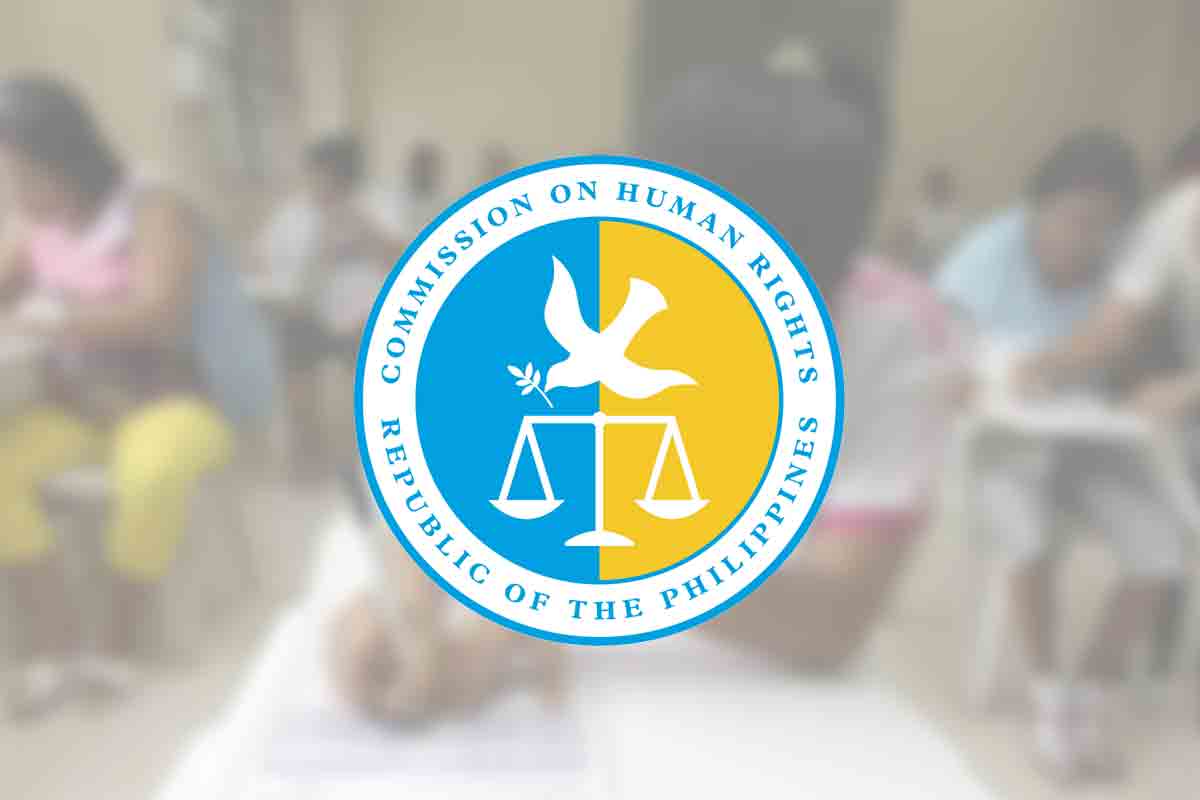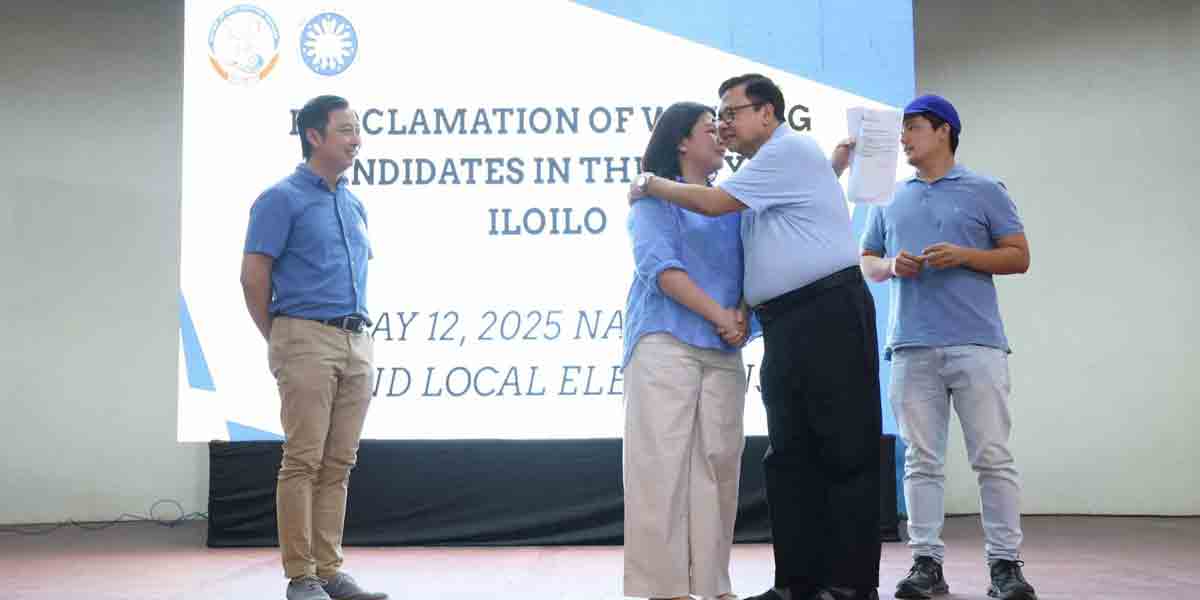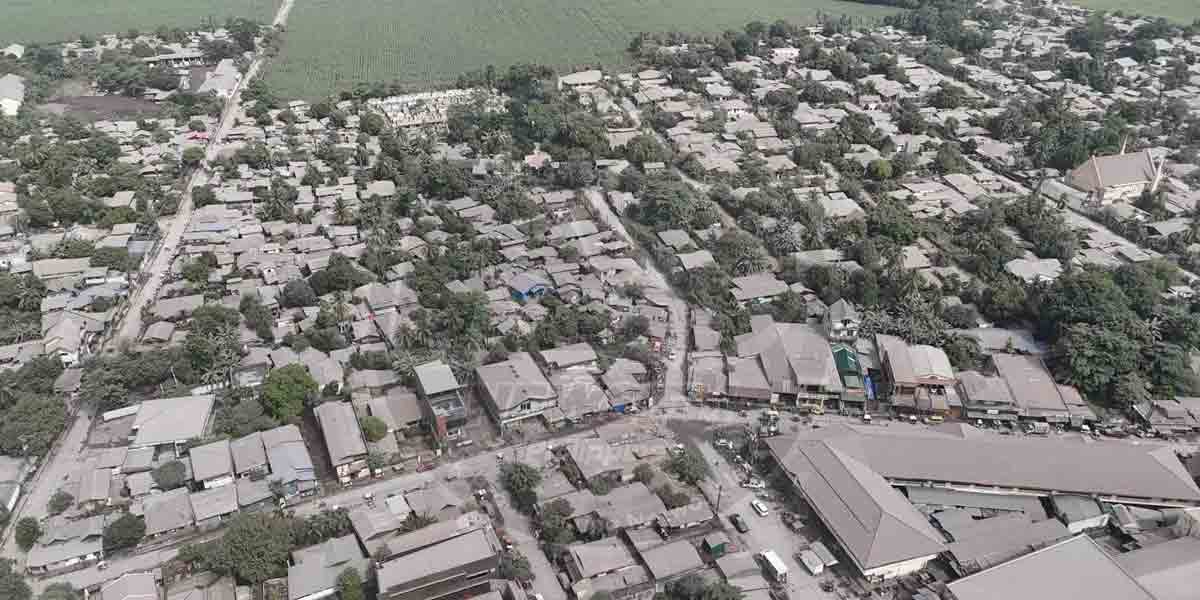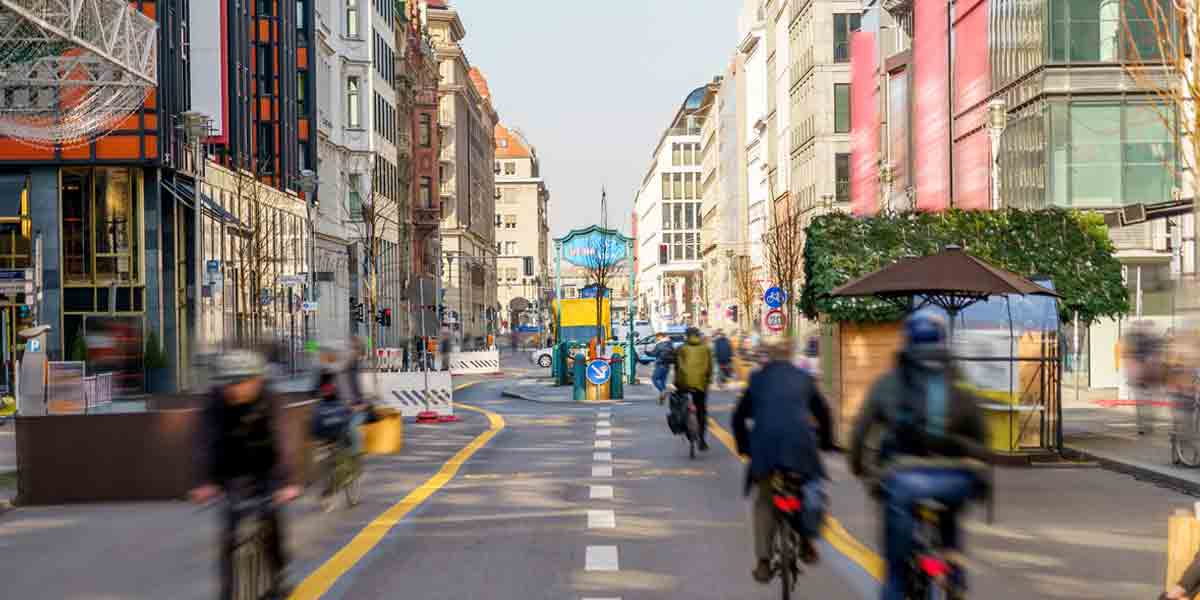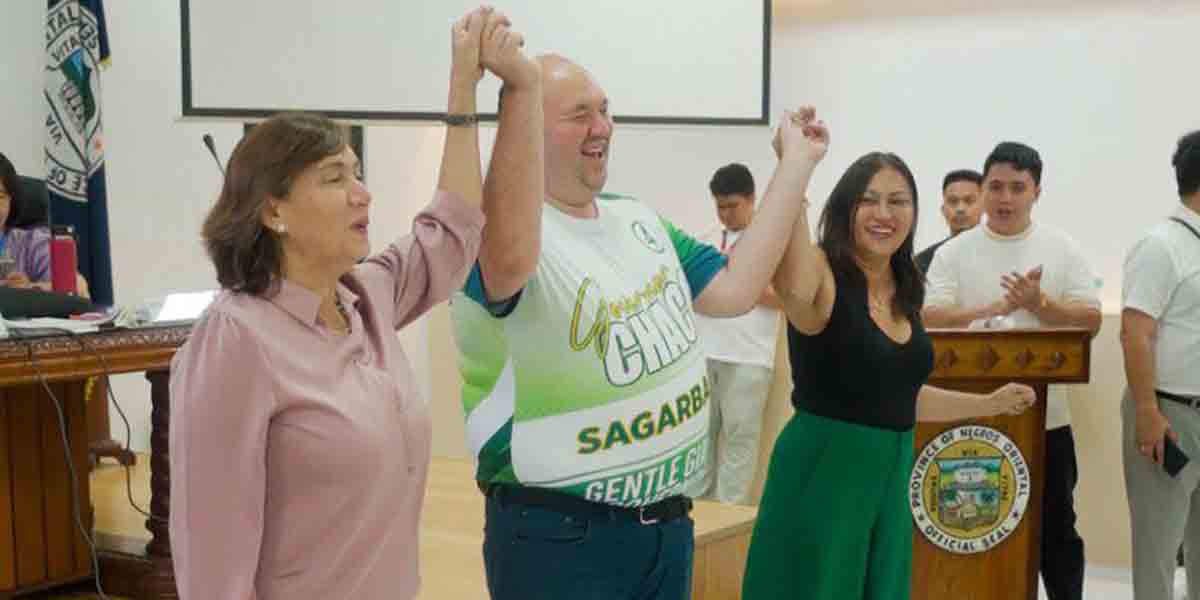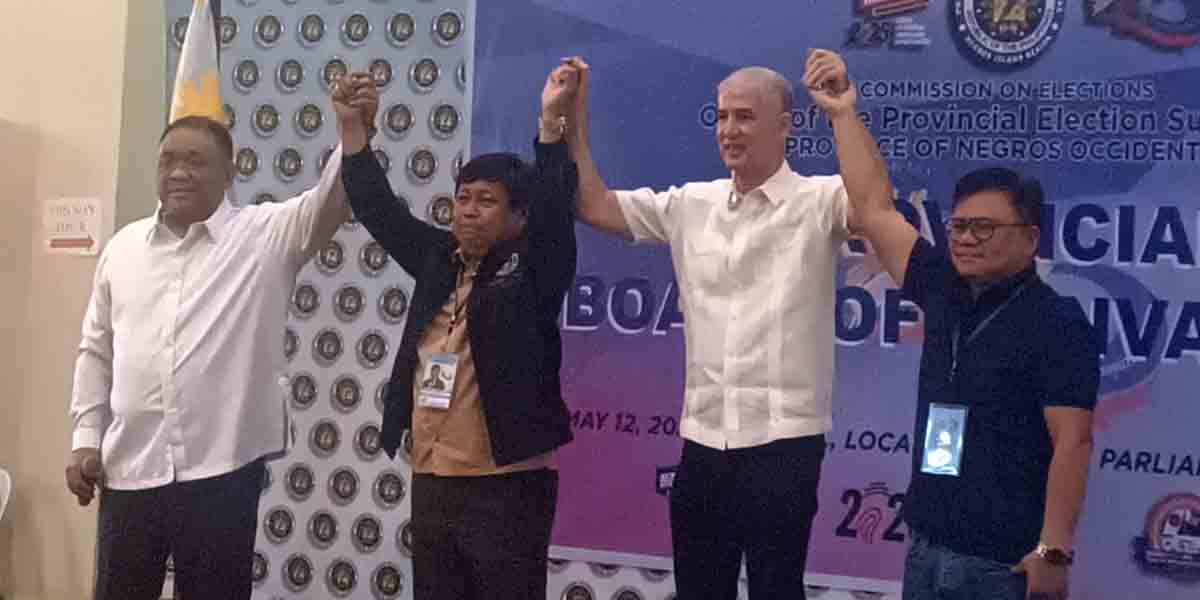By Engr. Carlos V. Cornejo
Webster dictionary defines freedom as the power or right to act, speak, or think as one wants without hindrance or restraint. Freedom means no one is hindering you or forcing you to make a choice or act. In other words, it is freedom from coercion. St. Augustine would call it in Latin “liberum arbitrarium” or free choice. But there is a second kind of freedom, which is a consequence of liberum arbitrarium and St. Augustine would call it libertas or being set free. Set free from what? Set free from error and in the spiritual life it is being set free from sin.
We need both kinds of freedom to be happy. If you only have freedom of coercion but not freedom from error, you might have free choice but you will not be able to attain your ultimate good or many people would call it these days the best version of yourself. Not being the best that you could possibly be will not make you happy because you lack something or you are not who you are supposed to be. And usually what hinders you from being the best version of yourself are the wrong choices you make in life or the sins you make against God’s commandments.
When we choose vice (bad habit) instead of virtue (good habit) we will not become the best version of who we are supposed to be. Imagine choosing laziness instead of hard work, anger instead of patience, gluttony or self-indulgence instead of discipline, selfishness or pride instead of humility and self-giving. Virtue will lead to personal fulfillment in the same way that following the rules of music will lead to producing melodious sound. In order to produce a pleasant tune out of a musical instrument we have to follow the rules of music such as being able to read musical notes. It would be painstaking at first when we are trying to learn to play a musical instrument but after devoting much hours of practice our effort will pay off. The same thing with the virtues. It is hard to become a hard-working person, but after overcoming our tendency to relax too much or be lazy in many instances, we will acquire the virtue and make it almost an automatic instinct in us. Bishop Robert Barron would call this effort to acquire virtues as “freedom for excellence”. And it is defined as the disciplining of desire so that the achievement of the good is possible then later on effortless. Virtue would become effortless when it becomes part already of our character.
Our freedom is a combination of free choice, condition and destiny. Free choice is the ability to make choices such as freely choosing to go there and not here, to choose this partner or that job, etc. It is also conditioned in a sense that you always have influences surrounding your decision such as the media, parents, upbringing, friends, culture, etc. These factors can condition you but they never coerce you or force you to make a decision. In the end, you could really say it was your decision. And likewise, it is destined to some degree because you are in this country and not in another country. You were born to this set of parents and not with another parents. You are in this era and not in the 11th Century, etc. We are free but with a freedom that is not absolute because we have limitations. The limitations of our freedom are due to our being creatures. Only God the creator has absolute freedom. When we get to heaven, we will have more freedom such as the age we want to be and the places we can easily go.
If media, parents, culture and upbringing influence our freedom, does God influence our free choice as well? Yes. He conditions our freedom for our greatest good which is to be saved, to be a saint or to have that close relationship with Him. God arranges events in our lives with a series of invitations to become close to Him while respecting our freedom. This is what we call Divine Providence and it is always directed for our ultimate good. If we say yes to His invitations, He provides more graces for more intimacy. If we say no, He never stops inviting and courting us, up to the very end of our lives (but not beyond it which is death). At the end of the day or at the end of our lives, we could never say God did not invite us or gave us a chance to attain life everlasting, for He courts us but never coerces us because God’s love for us includes respecting our freedom.

